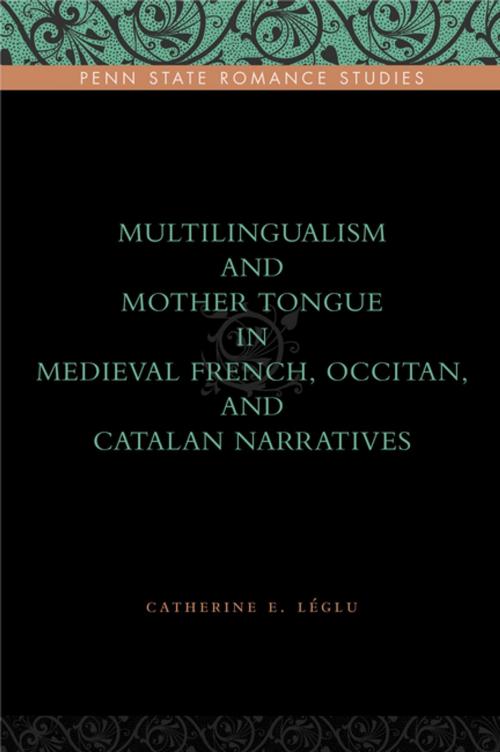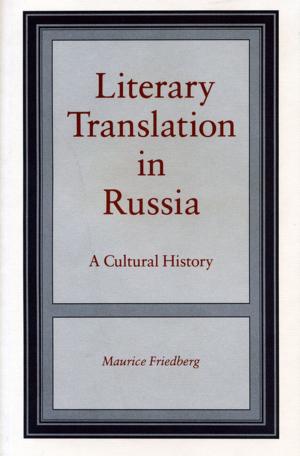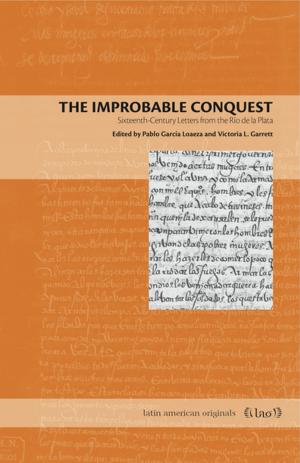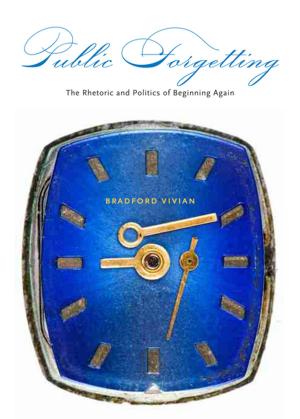Multilingualism and Mother Tongue in Medieval French, Occitan, and Catalan Narratives
Fiction & Literature, Literary Theory & Criticism, Medieval, French, Poetry History & Criticism| Author: | Catherine E. Léglu | ISBN: | 9780271078885 |
| Publisher: | Penn State University Press | Publication: | June 18, 2010 |
| Imprint: | Penn State University Press | Language: | English |
| Author: | Catherine E. Léglu |
| ISBN: | 9780271078885 |
| Publisher: | Penn State University Press |
| Publication: | June 18, 2010 |
| Imprint: | Penn State University Press |
| Language: | English |
The Occitan literary tradition of the later Middle Ages is a marginal and hybrid phenomenon, caught between the preeminence of French courtly romance and the emergence of Catalan literary prose. In this book, Catherine Léglu brings together, for the first time in English, prose and verse texts that are composed in Occitan, French, and Catalan-sometimes in a mixture of two of these languages. This book challenges the centrality of "canonical" texts and draws attention to the marginal, the complex, and the hybrid. It explores the varied ways in which literary works in the vernacular composed between the twelfth and fifteenth centuries narrate multilingualism and its apparent opponent, the mother tongue. Léglu argues that the mother tongue remains a fantasy, condemned to alienation from linguistic practices that were, by definition, multilingual. As most of the texts studied in this book are works of courtly literature, these linguistic encounters are often narrated indirectly, through literary motifs of love, rape, incest, disguise, and travel.
The Occitan literary tradition of the later Middle Ages is a marginal and hybrid phenomenon, caught between the preeminence of French courtly romance and the emergence of Catalan literary prose. In this book, Catherine Léglu brings together, for the first time in English, prose and verse texts that are composed in Occitan, French, and Catalan-sometimes in a mixture of two of these languages. This book challenges the centrality of "canonical" texts and draws attention to the marginal, the complex, and the hybrid. It explores the varied ways in which literary works in the vernacular composed between the twelfth and fifteenth centuries narrate multilingualism and its apparent opponent, the mother tongue. Léglu argues that the mother tongue remains a fantasy, condemned to alienation from linguistic practices that were, by definition, multilingual. As most of the texts studied in this book are works of courtly literature, these linguistic encounters are often narrated indirectly, through literary motifs of love, rape, incest, disguise, and travel.















